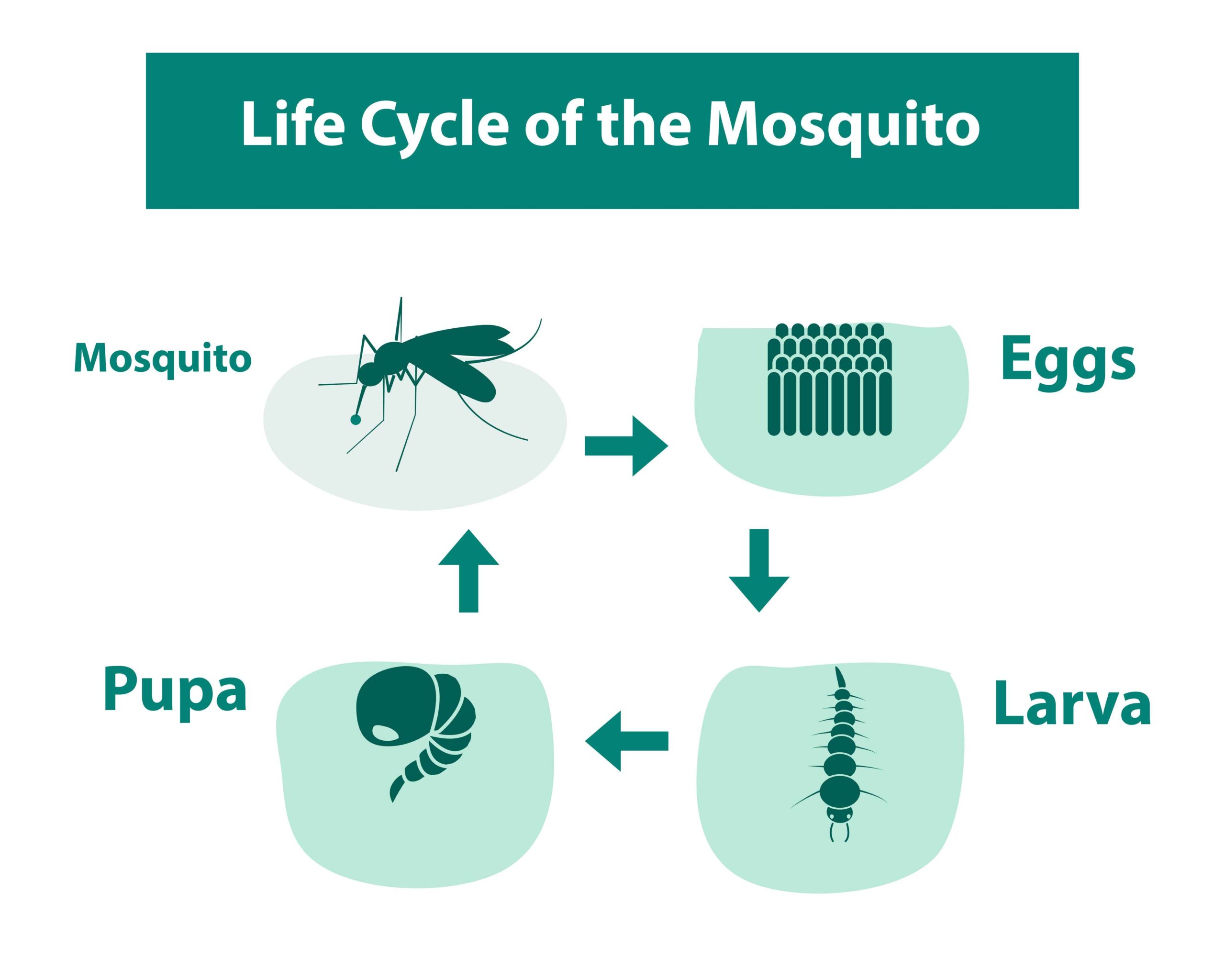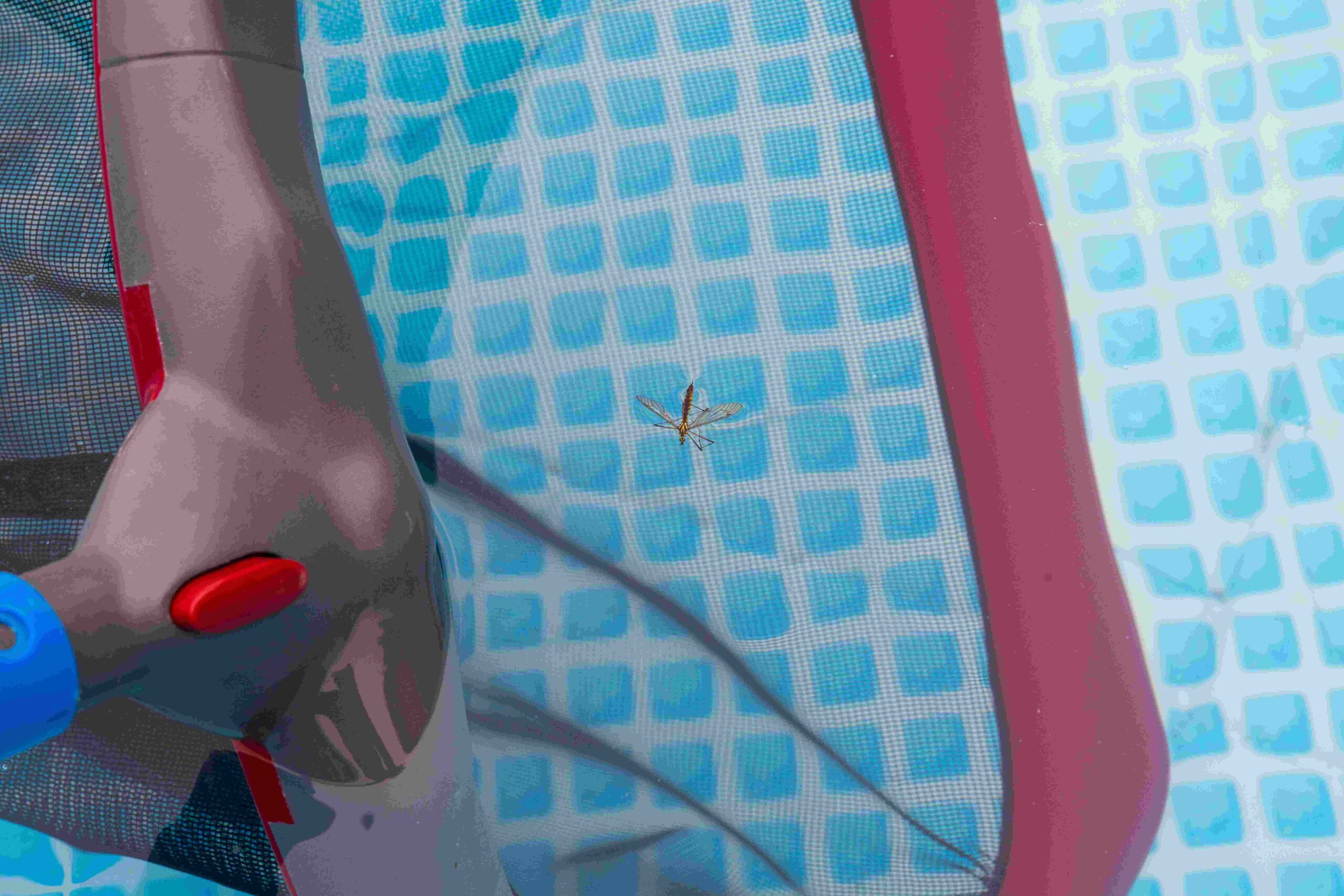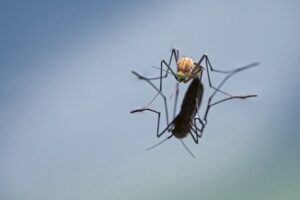Does Chlorine Kill Mosquitoes? Chlorine Pools and Mosquito Control
One of the common misconceptions concerning chlorine and mosquitoes is that the former instantly kills the latter. This oversimplified notion can lead homeowners to think their swimming pools are mosquito-free zones, yet they often find themselves fighting off these winged pests.
To clear up this misunderstanding, we’ll delve deep into the impact of chlorine on mosquitoes. Focusing on chlorine pools – to determine if chlorine will kill mosquitoes, and offer some best practices to keep your residential pools mosquito-free.
Does Chlorine Kill Mosquitoes?
The short answer is: yes, Chlorine will kill mosquitoes and mosquito larvae, but not in the amount typically found in pools. To better understand this, we need to understand how chlorine works and its ability to kill or repel mosquitoes.
Chlorine is a highly effective disinfectant commonly used in water treatment facilities and swimming pools to kill bacteria, viruses, and other pathogens. It operates by damaging the enzymes and structures inside bacteria and viruses, rendering them harmless.
When it comes to mosquitoes, chlorine doesn’t act directly as an insecticide but can have detrimental effects on mosquito larvae.
Mosquito Life Cycle

Mosquitoes have a four-stage life cycle: egg, larva, pupa, and adult. Of these stages, the eggs, larvae, and pupae need water to develop, and stagnant water bodies are their preferred breeding grounds. If the mosquito eggs are laid in chlorinated water, such as a well-maintained swimming pool, the harsh conditions can be harmful to the eggs and the resulting larvae.
Concentrated Chlorine WILL Kill Mosquito Larvae
Research has shown that high concentrations of chlorine can be lethal to mosquito larvae.
However, the chlorine levels required to kill mosquito larvae are much higher than what is typically found in a residential swimming pool.
A study published in the Journal of Medical Entomology found that a chlorine concentration of around 250 ppm could kill mosquito larvae within a few hours.
In comparison, the recommended chlorine levels for a healthy swimming pool range between 1 and 3 ppm, far less than the required amount to effectively kill mosquito larvae.
Chlorinated Pools and Mosquito Infestation

Despite the presence of chlorine, swimming pools can become a breeding ground for mosquitoes if not properly maintained.
The reason is twofold:
- First, chlorine levels in pools diminish over time, especially with sunlight exposure and the presence of organic matter, lowering its disinfecting capability.
- Second, mosquitoes lay their eggs at the water’s edge where chlorine concentrations might be lower, thus increasing the larvae’s survival chances.
Therefore, having a chlorine pool alone is not sufficient to ward off mosquitoes. Proper pool maintenance, such as consistent chlorination, cleaning, and coverage when not in use, is vital to ensure it does not become a mosquito breeding site.
Best practices to keep mosquitoes away from your pool
While chlorine may not directly eliminate adult mosquitoes, several measures can help keep these insects away from your pool.
- Regular Chlorination: Regularly check and maintain the chlorine levels in your pool. This helps eliminate potential pathogens and deter mosquito infestation by making the environment less hospitable to larvae.
- Mosquito Repellant Plants: There are a number of mosquito repellant plants like catnip, citronella, marigolds etc. that are proven to repel mosquitoes and could make a great addition to your yard. Check out our article on plants that repel mosquitoes.
- Pool Cleaning: Regular cleaning of your pool can disrupt any eggs laid around the edges and remove organic matter, reducing the depletion rate of chlorine.
- Pool Cover: When the pool is not in use, particularly for extended periods, use a pool cover. This prevents mosquitoes from accessing the water to lay their eggs.
- Remove Standing Water: Mosquitoes breed in standing water around your home. Regularly check and remove any sources of stagnant water, such as buckets, birdbaths, or flowerpot saucers. You can also add a small water fountain to your pool when you’re not using it.
- Use Mosquito Traps or Zappers: These devices can help reduce the adult mosquito population in your yard, thereby reducing the risk of infestation.
- Professional Mosquito Control: If the mosquito problem persists, consider a professional mosquito control service that uses specialized treatments to eliminate mosquitoes at all stages of their life cycle – like Yard Patrol Pros!
Conclusion
While concentrated chlorine does kill mosquitoes and mosquito, the chlorine levels typically found in residential pools are not sufficient to eliminate mosquitoes effectively. Therefore, a holistic approach involving regular pool maintenance, environmental management, and potentially professional mosquito control services is the best way to keep your pool mosquito-free.


